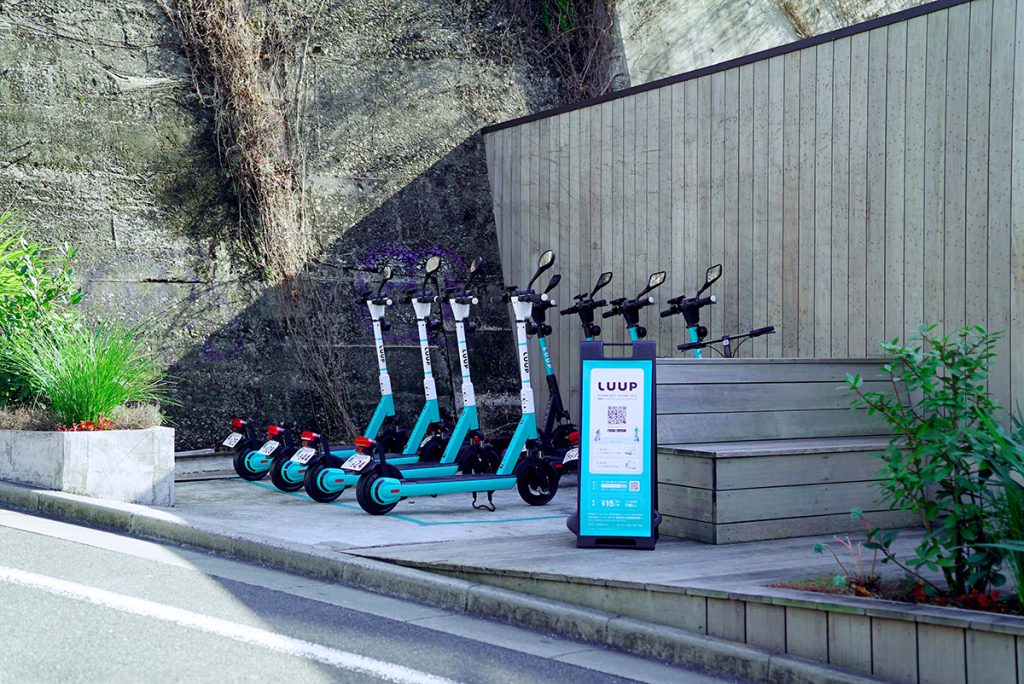Tokyo-based micromobility operator LUUP has raised 1 billion yen (around £6.8m) through debt and asset financing to meet the Japanese markets growing micromobility demands.
The proceeds will be used to expand its services and ports to cities throughout the country. These ports are the company’s delegated parking spots.
The deal involved loans from MUFG Bank, Japan Finance Corporation, and The Shoko Chukin Bank, the latter two of which are Japanese government-backed financial institutions.
It also included sale-leaseback transactions with Sumitomo Mitsui Finance and Leasing, Mitsubishi HC Capital, and other institutions.

This new capital takes the company’s total funding to approximately £27.9m (4.6 billion yen).
Some key components which helped LUUP secure these funds were its financial stability and commitment to decarbonisation and sustainability.
LUUP began its micromobility operation with e-bikes back in May 2020, before diversifying into e-scooters in April 2021. The firm is also aiming to introduce both three and four wheeled electric vehicles in the future, offering safe and sustainable alternatives for the disabled and elderly.
It has been in discussion with local governments, ministries, agencies, and users with a view to maximising the safety and accessibility of its vehicles.
Daiki Okai, President and CEO of LUUP, commented: “To achieve our mission ‘to create an infrastructure that makes the entire city a station front’, we have been building our service ‘LUUP’, including both software and hardware products and an operating model to support them while carefully listening to the voices of the people of the city.
“We are very pleased that we were able to raise this scale of debt and asset financing, and we believe that this is a result of LUUP’s stability as a business and its value as a sustainable infrastructure.”
The company currently operates in Tokyo, Osaka, Kyoto and Yokohama and manages a total of 1,100 ports in Japan.




